There were a few upset people in November because Google compelled everyone who wanted to comment on YouTube to have a Google Plus profile. Even a co-founder of YouTube, Jawed Karim, objected.
But it’s been a long time coming.
In 2011, Google combined, as is its prerogative, YouTube accounts with its own. While prior to that you could maintain separate YouTube and Google accounts, by 2011 you couldn’t. That helped Google sell more advertising, since YouTube is one of the most visited sites in the world and 2011 figures show that 96 per cent of Google’s $37,000 million annual revenue comes from advertising. If it could get your YouTube browsing data mixed with your other preferences (when you saw a Doubleclick ad, or when you used your Gmail), then their targeting could be pretty potent. As we also saw, it didn’t matter if you had asked Google not to track you, either through its own Ads Preferences Manager or through an Iphone setting, Google would hack you to get these data—at least till it gets busted, by me to the NAI or by the Murdoch Press to a much larger audience.
Will it try it again? You bet. It’s had a record of such behaviour and since the fines are tiny—they were penalized $17 million over the Apple hack, which is one two-thousandths of what they made, or about four hours’ revenue—there’s not a huge disincentive. Getting effectively a speeding ticket is worth the risk in their corporate culture.
In 2011, already incensed by the annual battles I had with Google, although I was yet to discover their deception over Ads Preferences Manager, I thought: I won’t connect the two accounts. In fact, I might even stop using my YouTube account.
My reasons for doing so were outlined exactly three years ago. They weren’t so much about Google’s advertising business but about the very real privacy issues that a friend had uncovered first-hand. He had asked me, however, to report it as a hypothetical, since he had discovered this very situation with a client. (I’m only revealing this now since a commenter confirmed that this scenario was real.)
I’ve covered other YouTube privacy problems, so I won’t elaborate here, but once the Ads Preferences Manager con was discovered later that year, I did two things: (a) blocked all Doubleclick cookies, since opting out of their Manager actually did nothing after a day; (b) blocked all YouTube cookies, since going to YouTube was one way Google could alter its opt-out cookie into one that began tracking you again.
From that day on, I could no longer comment on YouTube and the great news: after three years, I don’t miss it.
And to make it even better, Google changed the commenting system recently, so that if you don’t have a YouTube cookie, you see no comments at all.
That means my YouTube browsing is more intelligent since I don’t have to put up with the idiots that seem to outnumber the few smart ones on the website. (You can, incidentally, do the same with Fairfax’s Stuff.)
If I find myself desperately needing to comment on a video, I simply embed it on a blog or on Facebook and write my remarks there for my own limited audience to enjoy. Those friends who comment don’t wind up making it all about Barack Obama’s birth certificate in the thread. Unlike YouTube.
Since Google will not reverse its decision to force every YouTube account holder to have a Plus account—after all, the protests in 2011 came to nought, and since then, most people just came to accept the new status quo—then those who really dislike it might have to change their online habits. Google’s betting on users eventually giving up the fight—and, realistically, most of you will.
And yet, not being able to comment on YouTube is no bad thing. I’ve done it for three years, and if your blog even carries advertising, then why not make a few bob for yourself for taking the time to write? Just try not to use Google ads.
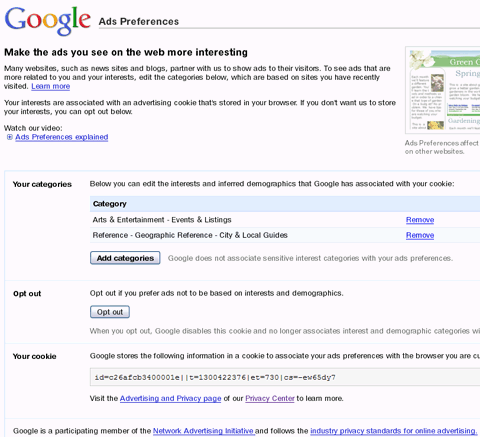
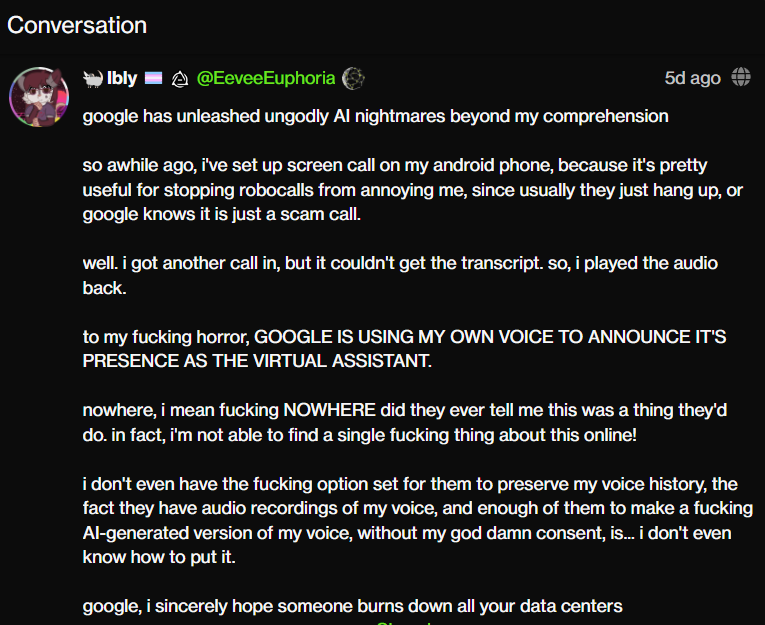

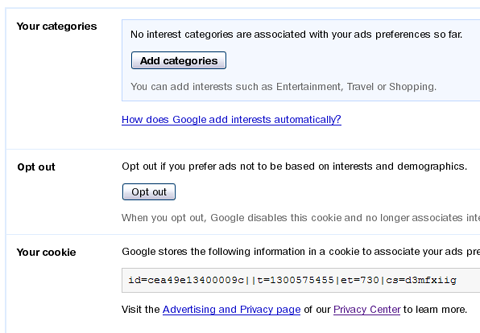
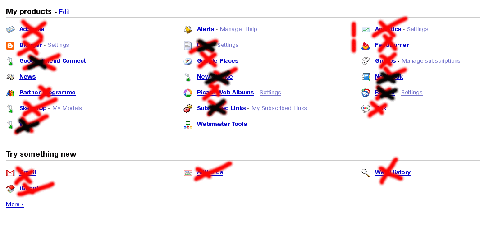
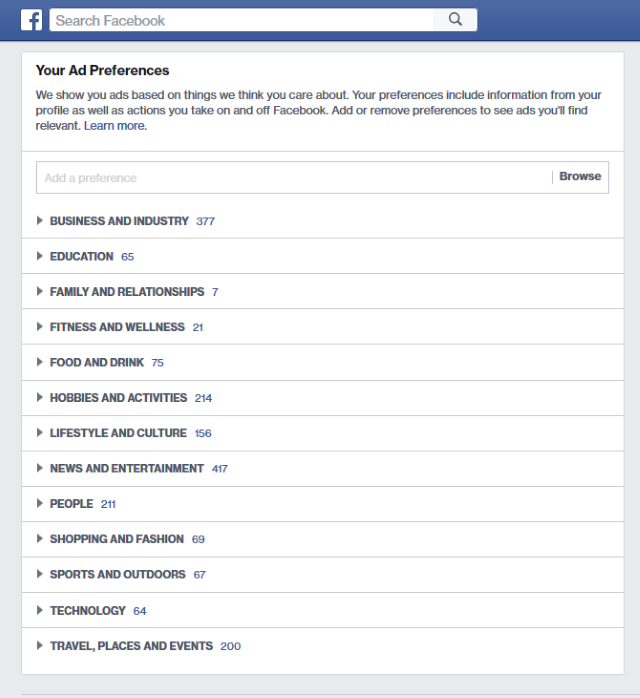

Yeah, I just wanted to say I’ve more or less followed this advice and it’s working fairly well for me, Jack.
There are times I’m tempted to reply to particular YT comments, but then I remember what the tradeoff is. While I don’t make blog posts for individual thoughts, I do remember that YT and WordPress get along pretty dandy and embedded vids are a reasonably regular part of my posts (I try to let them enhance my writing, but not necessarily drive it).